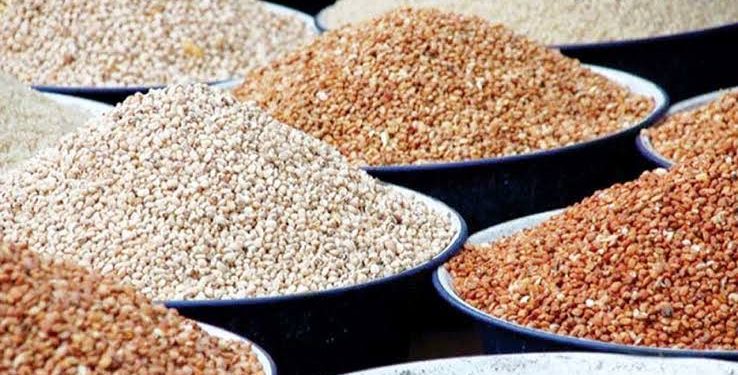Nigeria is losing an estimated $363 million every year due to the European Union’s continued ban on Nigerian beans exports, following concerns over hazardous pesticide residues. The Alliance for Action Against Pesticides in Nigeria (AAPN) disclosed the figure at a press briefing in Abuja focused on halting the spread of highly hazardous pesticides.
According to the group, more than 76 percent of Nigeria’s agricultural exports to the EU are rejected on safety grounds linked to pesticide contamination. While beans have been the most visible casualty of these restrictions, other products such as sesame seeds, melon seeds, dried fish, peanut chips, groundnut, palm oil, and yam,have also faced rejection over the past decade.
The EU ban stems from the presence of pesticide residues from chemicals that are outlawed in many parts of the world but remain legal in Nigeria. This has not only led to financial losses for farmers and exporters but has also harmed the country’s reputation in the global agricultural market.
Statistics cited by AAPN show that Nigeria uses about 23,400 metric tonnes of pesticides annually across agricultural and other sectors. As far back as 2017, farmers and agro-based businesses in the country were spending around \$400 million yearly on pesticides, based on figures from the Nigerian Stored Products Research Institute.
Despite global safety concerns, Nigeria still registers and permits over 400 pesticide formulations, with more than half classified as highly hazardous and banned in regions such as the EU, the United States, and parts of Asia. AAPN warned that over 80 percent of pesticides distributed to smallholder farmers in Nigeria fall into this category, often without farmers being aware of their risks.
The health implications are far-reaching. Frequent exposure to these chemicals can cause respiratory issues, skin rashes, nausea, vomiting, and eye irritation, while long-term exposure increases the risk of reproductive disorders, cancers, and damage to the nervous system.
AAPN urged policymakers, agricultural authorities, and philanthropic organisations to promote safer, environmentally friendly alternatives, including bio-pesticides, organic fertilizers, and agroecological farming methods. The group recommended that such solutions be included in constituency projects, input support schemes, extension services, and agricultural budgets, particularly to benefit smallholder farmers.
They further called for the enactment of a pesticide and agroecological control law that would strengthen oversight, ensure full disclosure and transparency, and encourage public participation in decisions affecting agricultural health and safety.
The legal team at AAPN criticised the continued circulation of toxic agrochemicals in Nigeria, especially through constituency projects. Many farmers and rural communities, they said, remain unaware of the dangers, while these chemicals continue to contaminate water sources, degrade soil quality, and put vulnerable groups including farmers, pregnant women, children, and consumers—at heightened risk.
The group warned that without urgent action to phase out highly hazardous pesticides and embrace safer alternatives, Nigeria risks deepening its export trade losses, worsening rural health crises, and further undermining the competitiveness of its agricultural sector in global markets.










